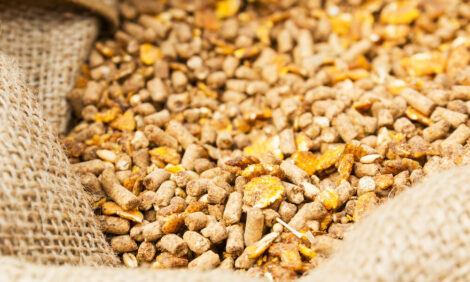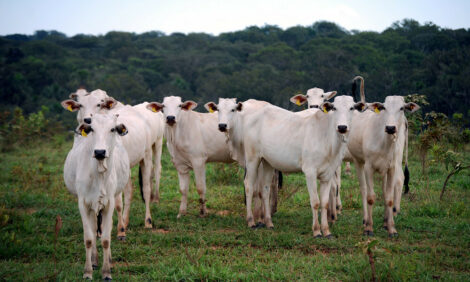



Brazil beef audits show reduced links to Amazon deforestation
Meatpackers required to audit their cattle purchasesA settlement involving federal prosecutors and Brazilian meat packers has helped wean much of the country's beef supply chain from links to Amazon rainforest destruction, Reuters reported, citing to company audits of their cattle purchases in six states that prosecutors unveiled on Wednesday.
The settlement, called TAC da Carne, requires meatpackers to audit their cattle purchases to determine whether the animals are being raised in areas that are protected, were illegally deforested, or have other irregularities. The initiative does not cover indirect cattle suppliers, which remain a big part of the beef industry's supply chain.
Brazil is the world's biggest beef exporter, but most of its herd is in the Amazon, the world's largest and most biodiverse rainforest. Research shows cattle ranching there is a major driver of deforestation.
Last year, deforestation in the Brazilian Amazon reached 6,288 square km, an area larger than the US state of Delaware. It was the lowest level since 2015.
Daniel Azeredo, one of the federal prosecutors overseeing the settlement, said the data showed the program made huge contributions to curbing deforestation. Still, he added, animals raised on illegally deforested farms continue to enter companies' supply chains through illegal schemes. He called for closer monitoring of indirect cattle suppliers.
"We must recognize challenges remain," he said.
Overall, 4% of the Amazon cattle supply of meatpackers audited as part of the settlement showed signs of irregularities between January and December 2022. But companies that did not audit purchases had a record 52% of non-compliance. The disparity, federal prosecutors said, highlighted the impact of the settlement.
JBS, the world's largest meatpacker, and rivals Minerva and Marfrig all hired independent auditors to monitor their cattle purchases, as have multiple privately owned beef packers.
JBS cattle purchases reached 98.2% of conformity in Mato Grosso, home to Brazil's biggest cattle herd, compared with 100% compliance for its two main listed competitors, according to data presented by the prosecutors.
In Para, home to Brazil's second largest cattle herd, JBS showed 3% of non-conformity in cattle purchases, a steady improvement since a 2020 audit found 32% of its supply came from irregular farms.
In a statement, JBS celebrated the audit results and said it is closer to its goal of 100% compliance.



